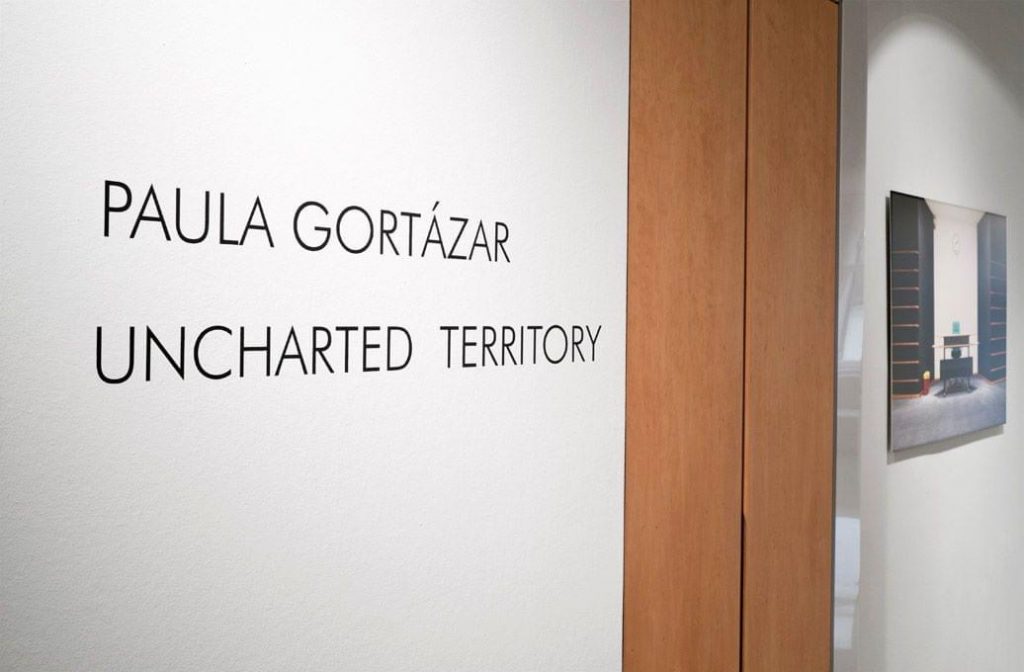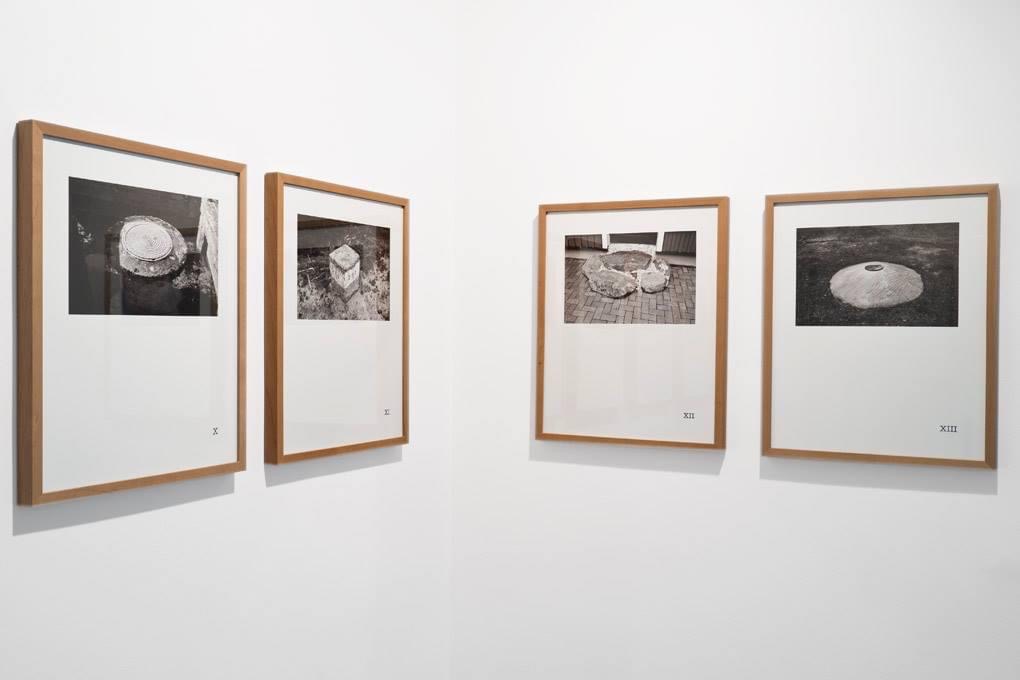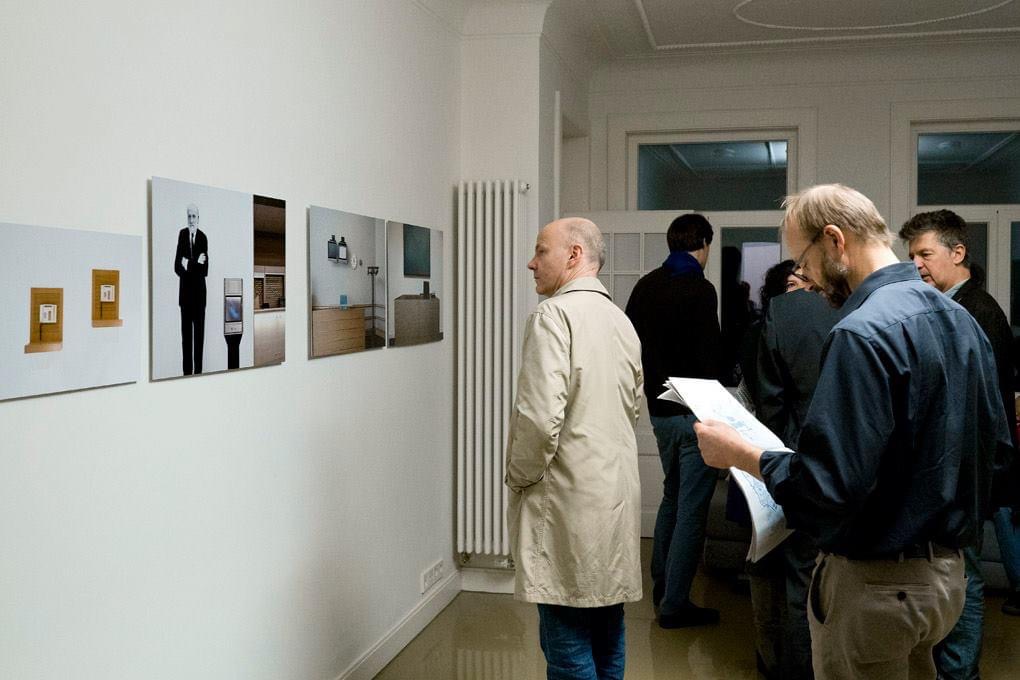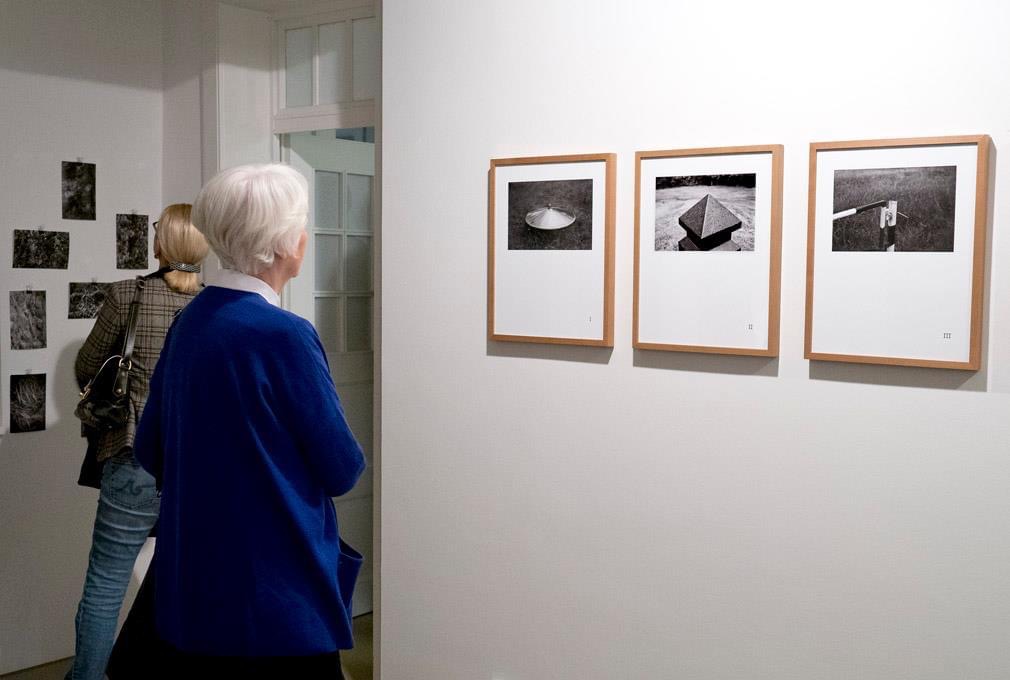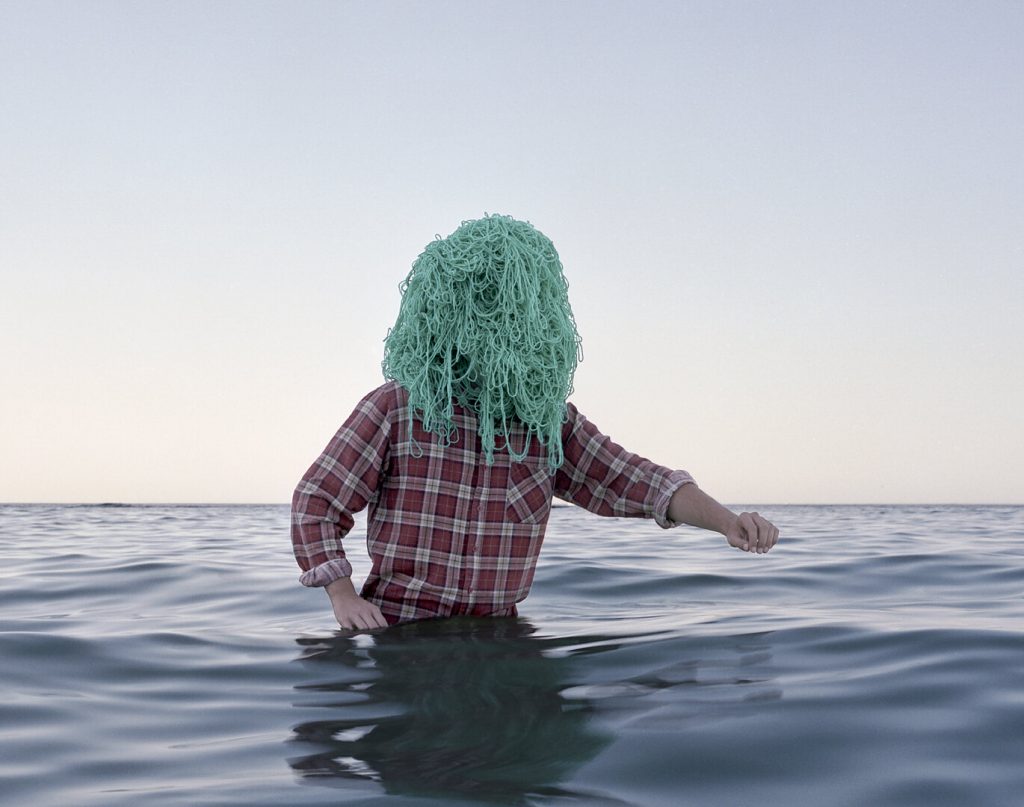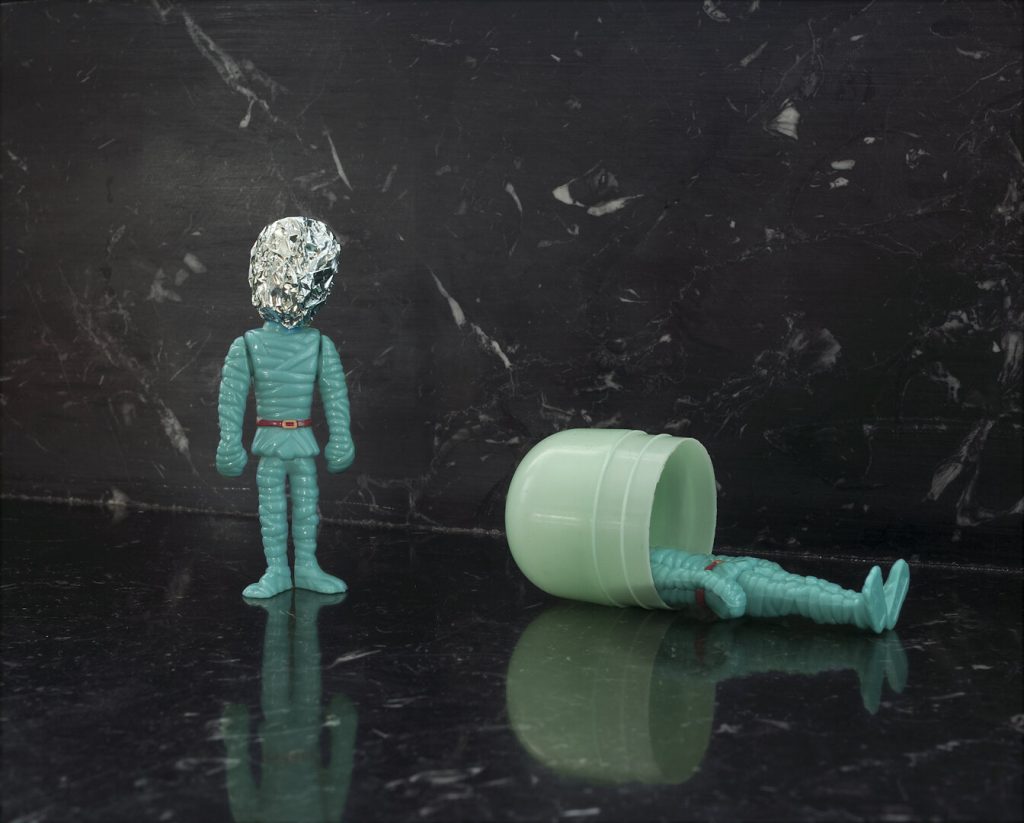Photographic education at Westminster boasts a unique and distinguished history. Building upon this rich legacy, the Expanded Photography MA has been designed to address the ongoing demand for innovative and adaptable graduates. Against the backdrop of a rapidly evolving visual landscape and a globalised world, and with a dedicated focus on exploring new and emerging practices in networked imagery, this course redefines the boundaries of contemporary photography.
We spoke with Paula Gortázar, who worked as part of the team to develop the Expanded Photography MA, about her impressive professional and academic experience and the new course.
Can you tell us a bit more about yourself?
I am a photography researcher and visual artist, actively involved as a founding member of the Expanded Photography research group at Westminster. Through this group, I have developed various research projects and initiatives, notably organising our upcoming international conference, ‘Photography in Virtual Culture,’ scheduled for later this year. Additionally, I am involved in academic publishing as a member of the editorial board for the journal Fotocinema and contribute as an independent writer for various photography publications, such as C4 Journal and Source Photographic Review.
In addition to my research activities, I am currently teaching on the Expanded Photography MA , as well as our two BA courses in Photography and Fashion Photography.
Can you tell us about your area/s of expertise or interest?
Both my art and research practice investigate recent developments in AI systems and expanded reality technologies. I am particularly interested in how these technologies are exponentially changing the possibilities in which photographic images might be created and used within, and beyond, virtual space.
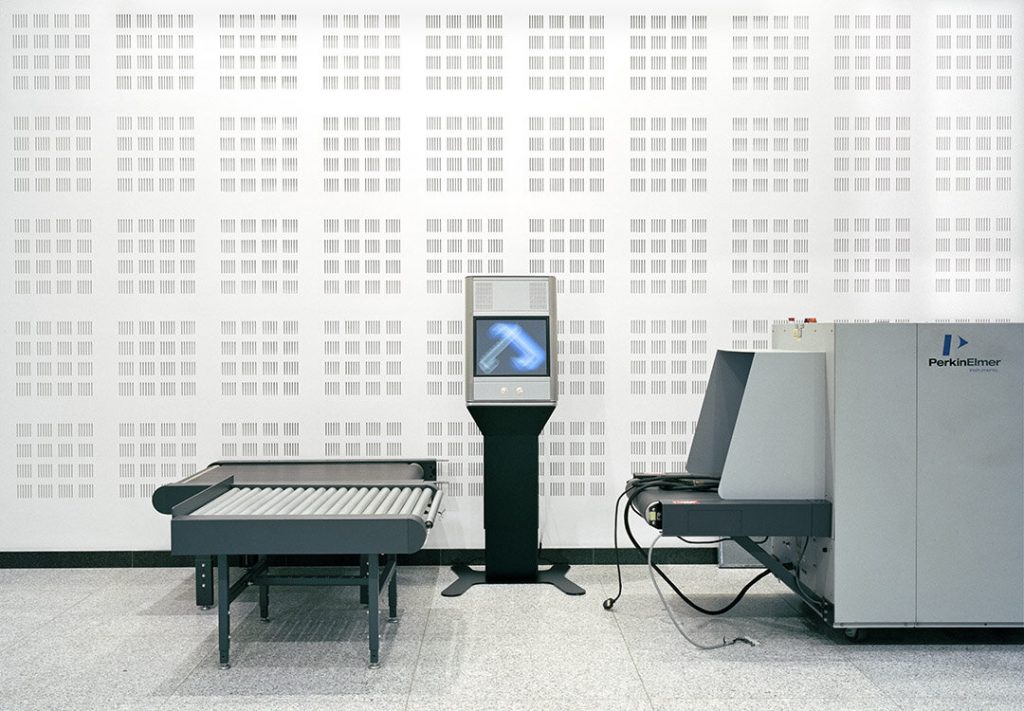
As a professional and academic working within the photographic image industries, what have been some of your career highlights?
Over the past decade, my career has been marked by numerous highlights within both the professional and academic spaces of the photographic image industries. Notably, my artwork has been exhibited across the world in the UK, USA, Canada, Spain, Germany, and Lithuania, in venues such as The Photographers’ Gallery in London, Tabacalera in Madrid, and a solo exhibition, Unchartered Territory, at Bildkultur Galerie in Stuttgart.
On the academic front, my research has been published in several reputable academic journals such as Photography and Culture, Third Text, and Photographies. Furthermore, I have had the privilege of presenting my research at multiple international conferences worldwide.
During your career you have worked on various research projects. Could you tell us about one that stands out for you?
In 2022, I was awarded a Pilot Grant to advance my ongoing research on Virtual Photography. Over the past two years, I have been investigating current forms and uses of the photographic image in virtual space, exploring in-game photography practices, photography as a networked phenomenon and the development of virtual communities in the Metaverse, utilising photography as a means of expression within extended reality environments. The preliminary findings from this research have recently been presented at several international conferences in Europe and the USA and are scheduled to be published in the journals Philosophy of Photography and Photographies.
As part of this project, I have also contributed a chapter in the forthcoming publication ‘Virtual Photography;’ an edited volume set to be published by Transcript Verlag later this year.
Can you tell us about one of your photographic projects?
The Rope makes use of archival mental imagery to represent a collection of lived experiences. Tied to one another, each moment complements the next, filling the gaps between ‘the real’ and that which has been, for many years, only imagined. The project thus conforms an exercise of data extraction, where the resulting pieces of an ever-changing puzzle suggest that, as individuals, we are not only shaped by personal circumstances but by the multiplicity of idealised stories that attempt to make certain sense of our temporary, earthbound presence.
What is the most exciting aspect of teaching photography at Westminster?
Teaching photography at Westminster holds immense excitement for several reasons. Firstly, the university was the first academic institution in the world to teach photography courses and has a rich educational legacy dating back to the late nineteenth century. Since then, the photography department has nurtured countless students, fostering their passion for the medium and encouraging innovative approaches to their practice, with some like Professor David Bate becoming world referents in the subject, and others like Jo Spence and Karen Knorr who became internationally acclaimed artists solidifying our reputation as a provider and pioneer of photographic excellence. Being part of such a prestigious department is a dream for any academic in photography.
What do you think makes the new Expanded Photography MA at Westminster stand out?
Following the innovative spirit of our predecessors, we have developed a postgraduate curriculum like no other. Our new MA approaches photography as an expanded field, recognising and embracing a wide spectrum of image-making practices. From early historical processes, analogue and digital photography, to new image capture technologies, such as 3D scanning and photogrammetry. Additionally, we explore mixed media practices and synthetic forms of image making such as CGI and generative AI.
In this course, we challenge students to push the boundaries of their creativity and cultivate their contemporary practice. Through critical reflection, we encourage them to explore the evolving narratives, contexts, and concepts shaping twenty-first-century photography.
As a member of the course teaching team, what are you most excited about and what do you think you can bring to the course?
The most exciting part of being an educator is witnessing students embark on their personal creative journey and discover an area of expertise within photography that they are truly passionate about. When joining the course, most applicants come with a broad photographic practice that they are eager to refine. With guidance from our esteemed tutors, including Professor. David Bate, Dr. Lucy Soutter, and Dr. David Moore, along with the inspiring environment fostered by talented peers and guest speakers from diverse artistic backgrounds, our students gain a deep understanding of photography and the diverse ways in which images might be produced and presented.
At the end of the course, our graduates will leave with a professional portfolio, that enables them to pursue their careers with confidence in the art and creative industries.
What would your advice be to aspiring photographers, artists and professionals who would like to pursue a career within the creative industries?
My first advice would be to gain the best education you possibly can. While talent is certainly an important piece of the jigsaw, it is often through high-quality education that artists learn to develop a critically engaged practice. As part of this education, you should also learn about the functioning dynamics of the art and creative industries and how to present your work in public to a targeted audience. Additionally, develop meaningful professional networks and keep an open perspective that allows you to expand your career prospects beyond traditional professional routes.
Finally, and most importantly, my advice would be to believe in your personal potential to succeed. This, however, is not about having blind faith in one’s abilities. It is about being resilient, embracing failure, and understanding that it is often through repeated disappointment that we remain challenged and motivated to become the best possible professionals in our fields.
Header Image: Paula Gortazar – Helena (2014), C-type Photographic Print
About Westminster
As one of the most diverse universities in the UK, we are a global university with London energy, with more than 19,000 students from 169 countries. Visit our website to find out more about our Expanded Photography MA.
- Creative Computing at Westminster: Inside the Immersive Development Lab - February 26, 2026
- T26gether Again: Celebrating 26 Years of Illustration BA at Westminster - February 26, 2026
- MORE 2025: Showcasing the Future of Architecture and Cities - October 27, 2025

